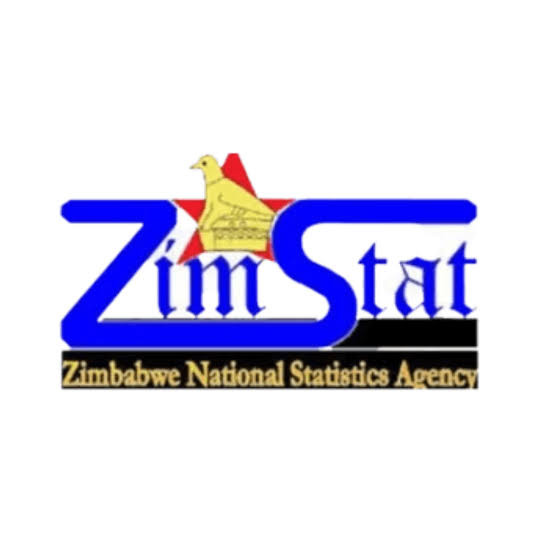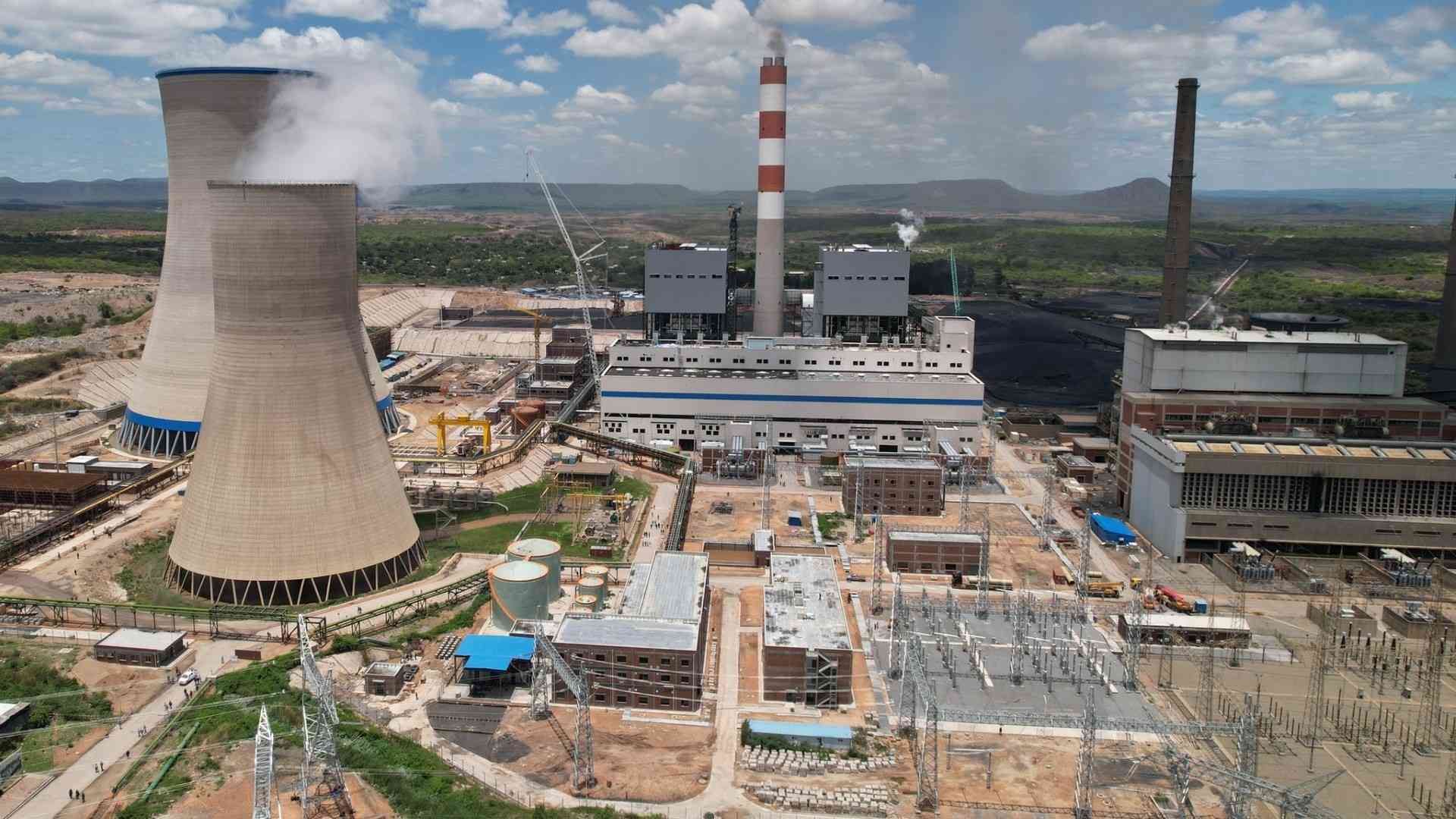
Zimbabwe’s troubled state-owned diamond miner — the Zimbabwe Consolidated Diamond Company (ZCDC) — has plunged into a fresh crisis after its sole shareholder, Mutapa Investment Fund (MIF), vetoed the sale of a critical diamond parcel that had been earmarked to fund salaries and rescue bleeding operations.
Confidential documents seen by the Zimbabwe Independent reveal that ZCDC last week informed managers of the looming crisis after MIF — Zimbabwe’s sovereign wealth fund — blocked a desperate attempt to offload diamonds at US$17,17 per carat through a joint venture (JV) partner.
ZCDC had hoped to channel the proceeds towards June and July. But the price offered — well below the US$30,71 operating cost per carat — would have driven the company deeper into crisis.
MIF rejected the proposed fire sale and ordered the deal suspended, according to correspondence seen by the Independent.
It was a rational move by the sovereign wealth fund to protect national assets. But it now threatens to paralyse the state miner, which says production was also meant to be funded from the sale.
“As you may be aware, the JV sales arrangement was up for review on June 15, 2025,” ZCDC chief executive officer Douglas Zimbango told senior staff.
“The average price per carat was at its lowest for May production at US$17,17 per carat against total operating costs of US$30,71 per carat and production costs of US$23,79,” he said.
Having exhausted internal avenues, ZCDC escalated the issue to MIF, the empire that manages state commercial interests, including ZCDC.
- Mavhunga puts DeMbare into Chibuku quarterfinals
- Bulls to charge into Zimbabwe gold stocks
- Ndiraya concerned as goals dry up
- Letters: How solar power is transforming African farms
Keep Reading
Both the ZCDC board and MIF demanded that the JV arrangement be suspended while legal teams dissected its terms.
“We could not accept that price and so referred the matter to both Mutapa and our board,” Zimbango wrote. “The board and Mutapa were of the view that we should suspend the JV while our legal teams reviewed the arrangement.”
With pressure mounting, ZCDC proposed to sell its May and June output on consignment at a reduced commission — just to keep operations running. But even that stopgap was rejected.
“The JV partner on 30th July 2025 then rejected this outright, and so tomorrow (August 1) we are meeting with the board for guidance,” Zimbango said. “Given this scenario, we are unable to pay salaries and fund production unless drastic decisions are made.”
In a statement responding to questions from this publication, a ZCDC official said the firm had not been spared from the devastating impact of declining global prices.
“It is true that the worldwide diamond industry is in turmoil and ZCDC has not been spared. The company is positioning itself to tackle the challenges primarily related to pricing, resulting from competition from lab-grown diamonds,” the official said.
“Unfortunately, it is premature for us to disclose some of the information you requested, as it is both strategic and security sensitive.”
The collapse of the diamond deal marks a new low in what has already been a
harrowing year for the state miner.
Last month, ZCDC laid off hundreds of workers, citing a crash in global diamond prices and the rise of lab-grown stones, which have flooded the international market.
Zimbabwe’s diamond exports have been in freefall.
Official figures show earnings have slumped 46% — from US$303 million in 2023 to just US$163,76 million by July this year. A once-off spike in April, which pushed receipts to US$33,5 million, was attributed to the delayed sale of a single parcel. The underlying trend remains bleak.
Now, the fallout is reverberating in Chiadzwa.
The Chiadzwa Community Share Ownership Trust (CCSOT), which represents the host communities, has launched a fierce protest, accusing ZCDC of retrenching workers without consultation and side-lining locals in the process.
“We are not in receipt and possession of any communication or interactions from ZCDC regarding consultations about the forced retrenchments of workers from the host community,” wrote CCSOT CEO Hardwork Mukwada in a letter to ZCDC.
Mukwada dismissed ZCDC’s claim that it had engaged traditional leaders.
“Your alleged meeting with Chief Marange on 11th June 2025 was neither a consultation of him as chairman of CCSOT nor a consultation of CCSOT in any manner. So was your alleged meeting with Chief Zimunya.”
He further accused ZCDC of targeting locals disproportionately in the layoffs.
“It is understood by the host community that out of the approximately 575 workers who were allegedly retrenched, more than 500 of these are from the host community,” he wrote.
“Only about 50 are from all other communities in the country combined … there is fierce segregation of the host community in the manner in which ZCDC conducted the selection of those to be retrenched.”
ZCDC, however, insists it followed due process.
In a written response dated July 30, the company said: “Before embarking on this process, ZCDC engaged all stakeholders with a brief on the state of the diamond industry worldwide and the choices companies had to make. A team led by the chief executive officer met chiefs Marange and Zimunya in their capacities as traditional leaders and key stakeholders within the Community Share Ownership Trust.”
The firm also stated it had received all necessary approvals.
“We can confirm that all the necessary steps were followed, resulting in the company getting the requisite certificates from the Ministry of Public Service, Labour and Social Welfare before effecting the retrenchments,” ZCDC added.
But for the communities who have long waited for the promise of economic upliftment, those assurances ring hollow.
“Whilst we understand local and international labour laws and practices … we submit and maintain that for the referenced group of workers specifically, there was need for meaningful and insightful boardroom engagement between the tripartite pillars of the Zimbabwe diamond industry (community, government and business),” Mukwada wrote.
ZCDC was established in 2016 following the dramatic expulsion of seven private firms from Chiadzwa, amid accusations of industrial-scale looting.
Government injected US$80 million to kick-start operations under tighter state control.
But nearly a decade later, the state’s flagship mining firm stands at the edge of collapse — caught between falling markets and community backlash.










